What is the best type of driveway sealcoat?
Your driveway is one of the first things people notice about your home, but beyond its aesthetic value, maintaining it properly is essential to its longevity.
Sealcoating is a vital process that can protect your driveway from harsh weather conditions, oil spills, and everyday wear and tear. But with several types of driveway seal coats available, how do you know which is best for your home?
Hence, we’ll explore the different types of driveway seal coats and help you choose the best one for your needs, climate, and driveway material.
Why driveway sealcoat matters
Driveway seal coating offers many benefits beyond just making your driveway look fresh and new. It protects against ultraviolet (UV) rays, which can cause asphalt to dry out and crack.
Additionally, seal coating prevents water, oil, and gas from seeping into the surface, which can lead to significant damage over time. For homeowners looking to take on this task themselves, finding sealcoat sprayers on sale can make the process more affordable and efficient.
Sealing your driveway can extend its lifespan, improve curb appeal, and save on costly repairs. But before you jump into the process, it’s crucial to understand the different types of seal coats available and what makes each one unique.
Choosing the right sealcoat type
There are several types of driveway seal coats, each with advantages and disadvantages. Depending on your budget, environmental concerns, and climate, one option may better suit your needs than another.
Coal Tar Driveway Sealer
Coal tar sealant is popular due to its durability and long-lasting protection.
Made from by-products of coal processing, this sealer forms a tough barrier that resists harsh chemicals like gasoline and oil. It’s particularly suitable for high-traffic areas or driveways with frequent vehicle use.
Pros:
● Highly resistant to oil and gas spills.
● Provides long-lasting protection.
● Resists UV damage.
Cons:
● It has elevated levels of volatile organic compounds (VOCs), which can lead to air pollution
● It has a strong odor and can be harmful to the environment
● Outlawed in specific locations due to ecological concerns
While coal tar sealers provide excellent protection, they may not be the best choice for environmentally-conscious homeowners or those living in areas with coal tar restrictions.
Asphalt Emulsion Driveway Sealer
Asphalt emulsion sealers are water-based and eco-friendly, making them a safer alternative to coal tar.
They are made from asphalt emulsified with water and other additives, creating a protective barrier without harmful chemicals.
Pros:
● It contains minimal VOCs, making it a more eco-friendly choice
● It dries quickly and has a less potent odor than coal tar sealers
● Easy to apply, especially for DIY projects
Cons:
● Less resistant to oil and gas spills compared to coal tar sealers.
● It doesn’t last as long and often requires more frequent reapplications.
Asphalt emulsion sealers are a solid choice for homeowners looking for an environmentally friendly option, although they may need more maintenance over time.
For homeowners trying on a DIY seal coating project, Asphalt Industrial offers an accessible shopping experience, providing a range of essential tools, including seal coat sprayers, crack filling machines, asphalt seal coating accessories, and seal coating tanks.
Acrylic Driveway Sealer
Acrylic sealers are premium options that provide superior protection against UV rays and environmental damage. Made from synthetic polymers, acrylic sealers offer a sleek finish and long-lasting durability, making them ideal for high-end driveways or those exposed to extreme weather conditions.
Pros:
● Excellent UV resistance, making it ideal for sunny climates.
● Long-lasting and flexible, preventing cracks.
● Aesthetic finish that enhances curb appeal.
Cons:
● Higher cost compared to other sealers.
● It may only be available in some areas.
If you're willing to invest more for a high-quality, long-lasting sealer, acrylic options offer excellent value, especially for driveways exposed to heavy sunlight or high traffic.
Oil-Based Driveway Sealer
Oil-based sealers absorb into the asphalt, rejuvenating its flexibility and giving it a rich, deep hue. These sealers are great for older driveways that need rejuvenation but have downsides.
Pros:
● It helps restore flexibility to older driveways.
● Provides a darker, more appealing finish.
● Protects against water penetration.
Cons:
● Strong odor and long drying time.
● Higher VOC content makes it less eco-friendly.
● It can be slippery when wet.
While oil-based sealers offer aesthetic benefits and flexibility, there may be better options for eco-conscious homeowners or those in regions with environmental restrictions.
The takeaway
When choosing the best type of driveway seal coat, the decision ultimately depends on your needs, budget, and local climate.
Coal tar emulsion offers unmatched durability, but if environmental concerns are a priority, asphalt emulsion or acrylic sealers may be better suited for your driveway. For quick solutions, fast-dry seal coats provide the efficiency you need.
By assessing your driveway’s condition and selecting the right seal coat, you can protect your investment for years.


















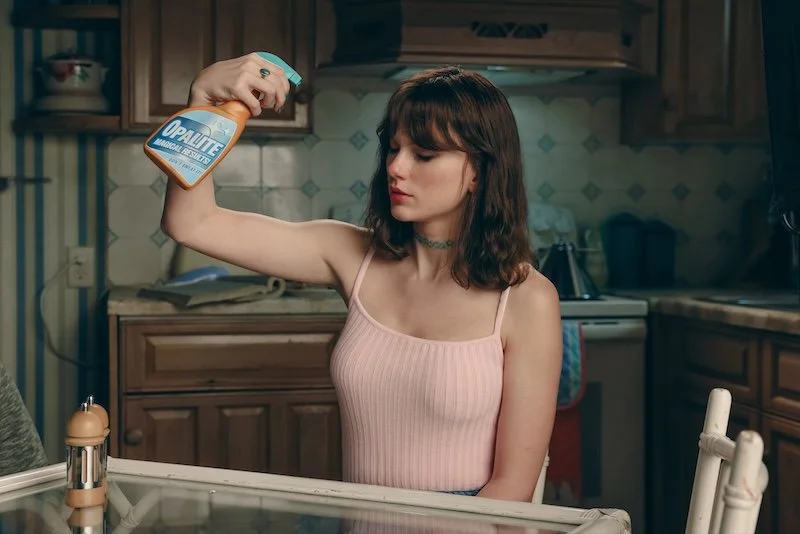

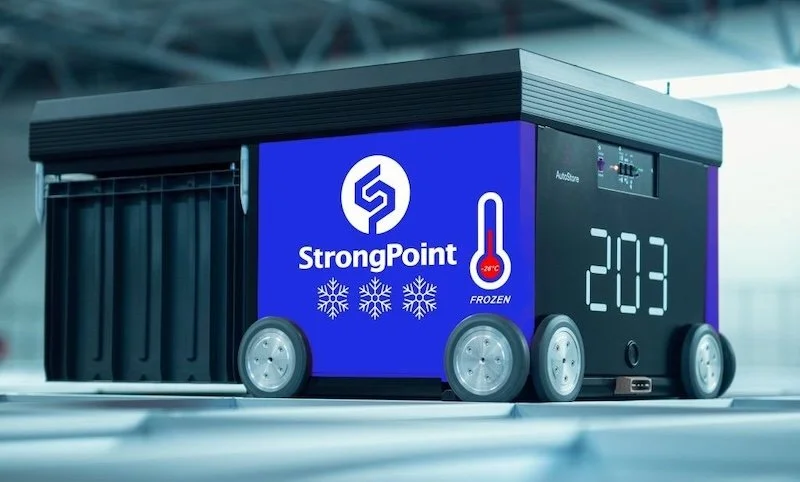

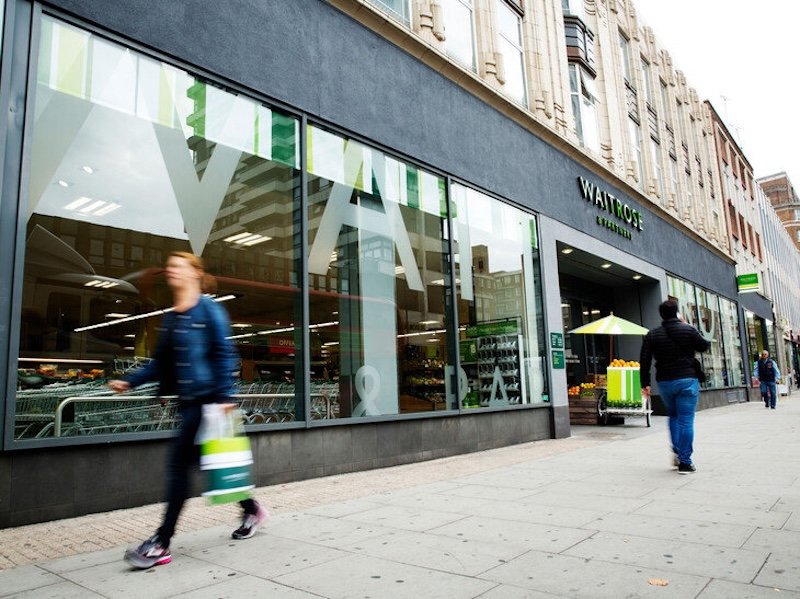


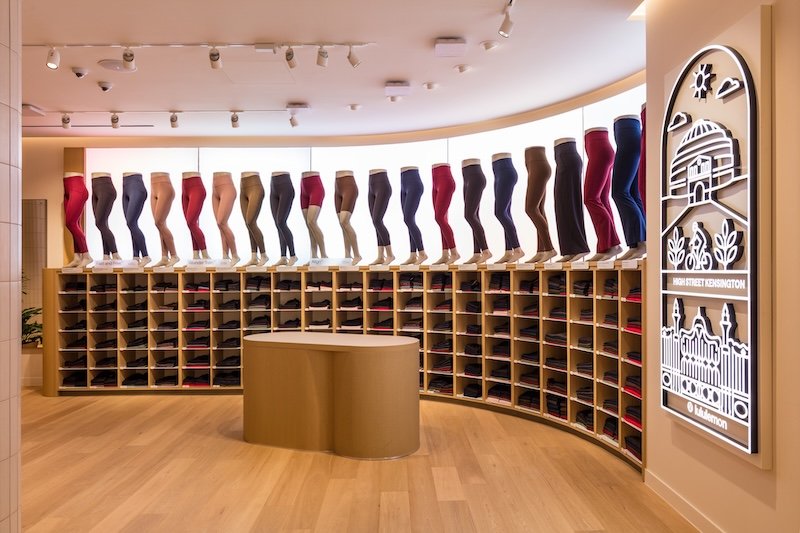



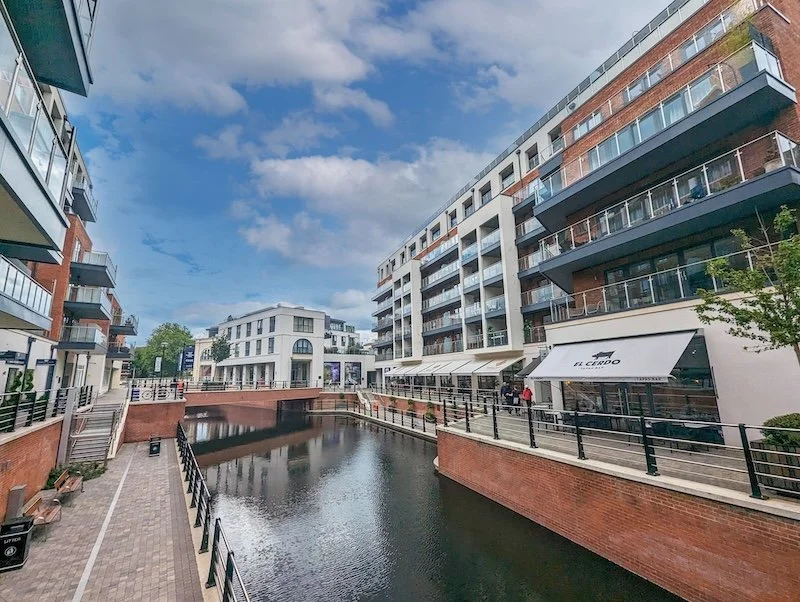


Continue reading…